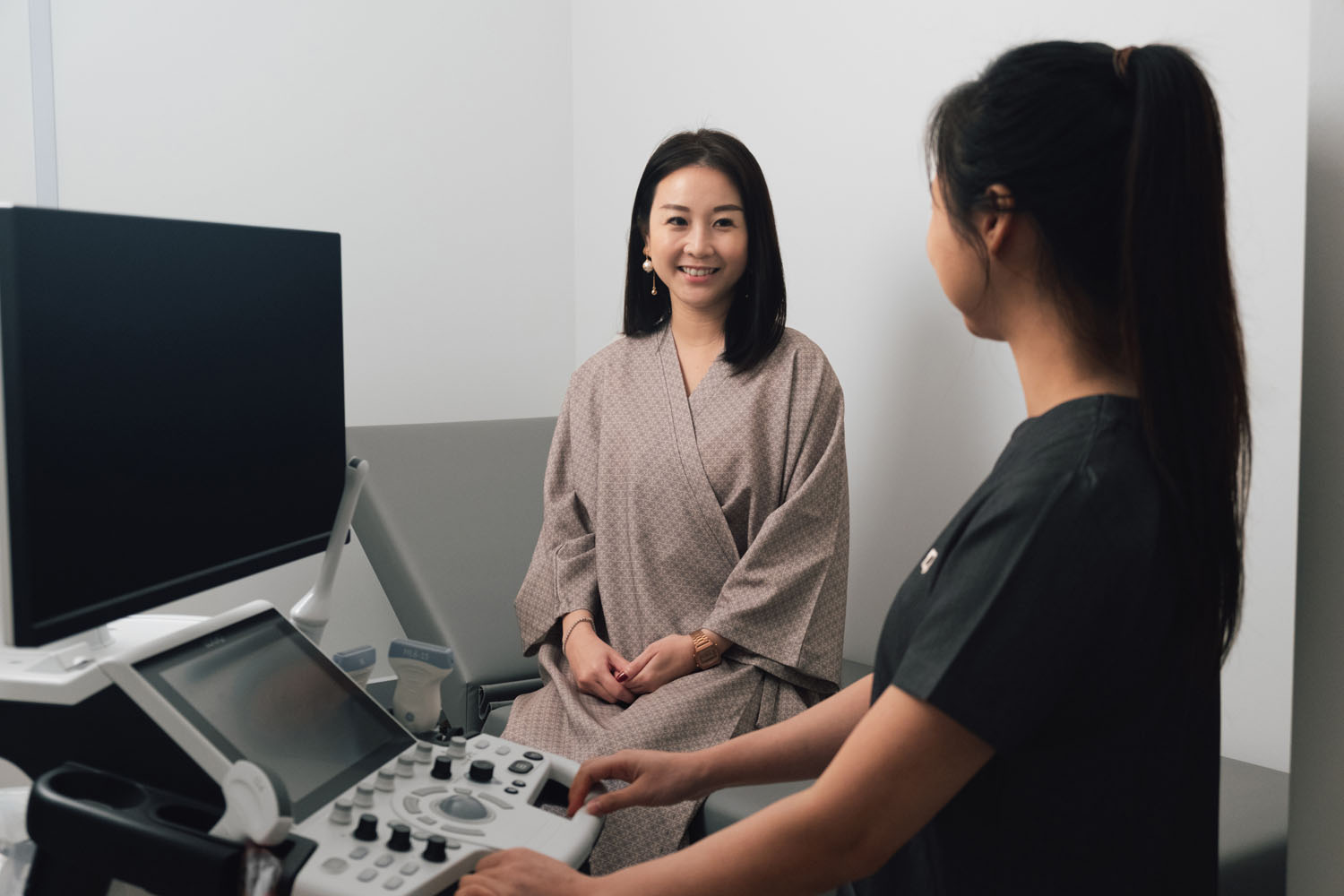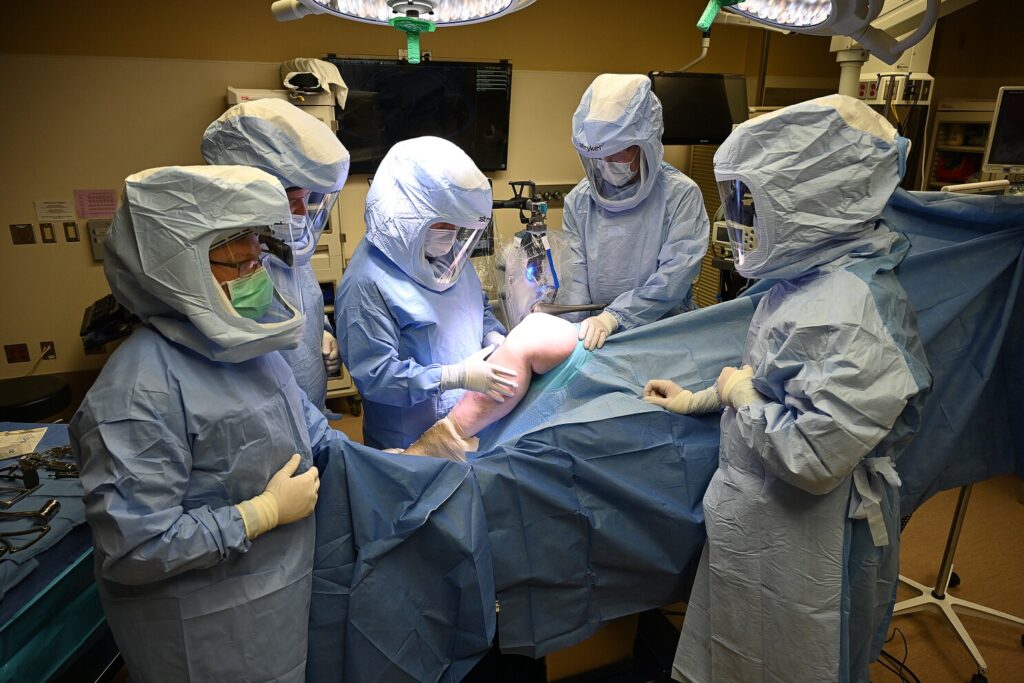Medical imaging has revolutionized healthcare, with about 80 million CT scans performed annually in the United States alone. The critical role that a medical imaging centre plays cannot be overstated, as it is at the heart of modern diagnostic and treatment procedures. This blog delves into how these centres contribute to early diagnosis, effective treatment planning, and overall patient care.
What Are Medical Imaging Centres?
A medical imaging centre is a specialized facility equipped with advanced technology to capture detailed images of the body’s interior. These centres offer a variety of imaging services, including X-rays, MRI (Magnetic Resonance Imaging), CT (Computed Tomography) scans, and ultrasound. Each medical imaging centre is designed to provide precise diagnostic information that aids healthcare providers in delivering accurate medical care.
The Technology Behind Medical Imaging
At the core of every medical imaging centre is state-of-the-art equipment. These centres utilize cutting-edge technologies like high-resolution MRI machines and advanced CT scanners to produce clear and detailed images. Recent innovations in imaging technology have enhanced the capabilities of a medical imaging centre, making it possible to detect and diagnose conditions with greater accuracy and speed.
The Role of Medical Imaging Centres in Diagnosis
Medical imaging centres play a pivotal role in the early detection of diseases, which is crucial for effective treatment. These centres use diagnostic imaging techniques to accurately identify conditions such as cancers, cardiovascular diseases, and neurological disorders. By providing detailed images, a medical imaging centre ensures that diagnoses are precise, enabling timely and targeted interventions. Case studies have shown that early detection through imaging significantly improves patient outcomes.
Treatment Planning and Monitoring
A medical imaging centre is integral to treatment planning and monitoring. Imaging technologies are used to map out surgical procedures, plan radiation therapy, and guide other treatment modalities. Furthermore, these centres are essential for monitoring the progress of treatments, allowing healthcare providers to adjust plans as needed. By providing ongoing imaging, a medical imaging centre ensures that treatments are effective and patients are on the path to recovery.
Patient Care and Experience
Medical imaging centres prioritize patient comfort and care. Modern centres are designed with patient-friendly environments to alleviate anxiety and ensure a positive experience. Additionally, safety measures are a top priority, with protocols in place to minimize radiation exposure and protect patients during imaging procedures. Testimonials from patients often highlight the compassionate care and professionalism experienced at a medical imaging centre.
The Future of Medical Imaging Centres
The future of medical imaging centres is bright, with emerging trends like artificial intelligence (AI) and machine learning set to transform the field. AI algorithms can analyze imaging data faster and more accurately, aiding in quicker diagnoses. Future innovations will likely enhance the capabilities of a medical imaging centre, making them even more indispensable in healthcare. As technology evolves, these centres will continue to play a crucial role in advancing medical science and patient care.
Takeaway
Medical imaging centres are essential to modern healthcare, providing the tools needed for accurate diagnosis, effective treatment planning, and comprehensive patient care. As technology advances, the role of these centres will only grow in importance. If you or a loved one requires diagnostic imaging, consider visiting a reputable medical imaging centre to ensure the highest standard of care.











